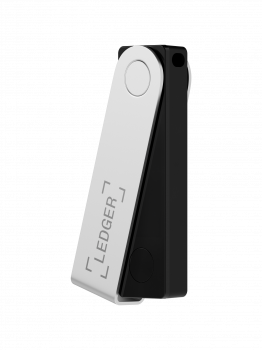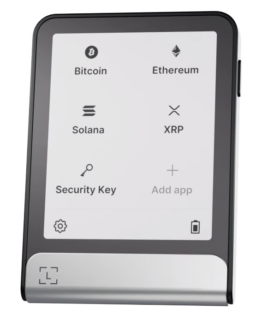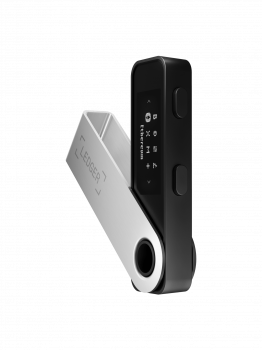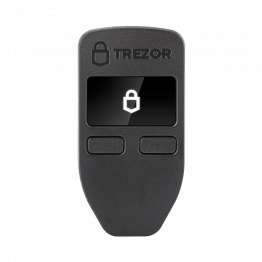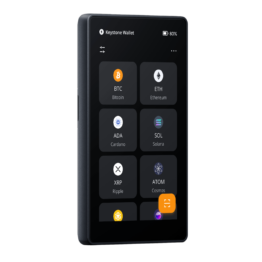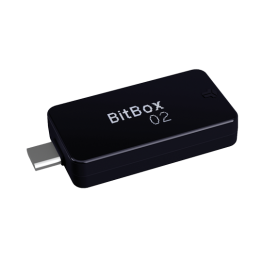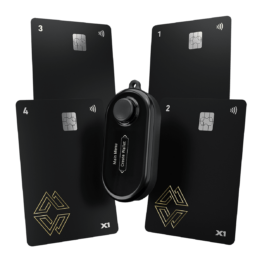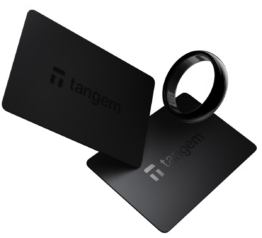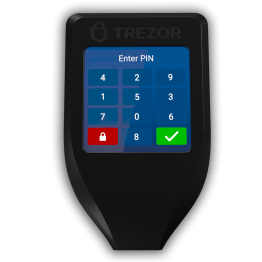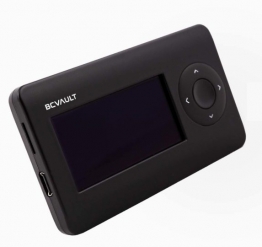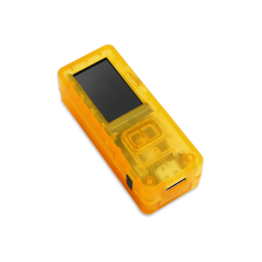Bitcoin Hardware Wallets: How to Keep Your Cryptocurrencies Safe

There are many Bitcoin hardware wallets on the market
Bitcoin is a digital currency that is becoming increasingly popular. But how can you store your Bitcoins safely and protect them from theft? The answer is: Bitcoin hardware wallets. In this article you will learn what Bitcoin hardware wallets are, how they work and what advantages they offer.
What are Bitcoin Hardware Wallets?
Bitcoin hardware wallets are small devices that store your private keys. The private keys are the cryptographic codes you need to send and receive your Bitcoins. The hardware wallets are connected to your computer or smartphone via USB, Bluetooth or NFC, but they are not dependent on them. This means that your private keys never leave the device and are therefore protected from hackers, viruses and malware.
How do Bitcoin hardware wallets work?
To use Bitcoin hardware wallets, you must first install compatible software called a wallet app. The Wallet app allows you to view your Bitcoin address, manage your transactions and configure your hardware wallet. To initiate a transaction, you must connect the hardware wallet to your computer or smartphone and confirm the transaction in the wallet app. Then you need to verify the transaction on the hardware wallet screen or button. This step is important to ensure you have entered the correct address and amount. The hardware wallet then signs the transaction with your private key and sends it to the Bitcoin network.
What advantages do Bitcoin hardware wallets offer?
Bitcoin hardware wallets offer you several advantages that other wallet types cannot offer. On the one hand, they offer you a high level of security because your private keys are stored offline and are only activated when necessary. On the other hand, they offer you more control over your Bitcoins because you can access them at any time and manage them yourself. They also offer you more convenience as you can use your Bitcoins easily and quickly across different devices and platforms.
Which Bitcoin hardware wallets are there?
There are various Bitcoin hardware wallets on the market that differ in price, design and functionality. Some of the most famous and popular are:
- Ledger Nano X: A Bluetooth-enabled hardware wallet with open source software. It supports more than 1500 cryptocurrencies and has a built-in battery.
- Trezor Model T: A touchscreen Bitcoin hardware wallet with support for multiple blockchains. It has a MicroSD card slot and a USB-C port.
- Ledger Nano S Plus: An affordable hardware wallet with a Secure Element chip. It supports more than 1000 cryptocurrencies and has an OLED screen.
- Trezor Model One: A low-cost, open-source hardware wallet with a proven history. It supports more than 1000 cryptocurrencies and has two physical buttons.
Conclusion
Bitcoin hardware wallets are one of the best ways to store and use your cryptocurrencies safely. They offer you security, control and convenience that you cannot have with other wallet types. If you are interested in Bitcoin, you should definitely get a Bitcoin hardware wallet. You can find out more about the different models and their features in our Bitcoin hardware wallet comparison.

